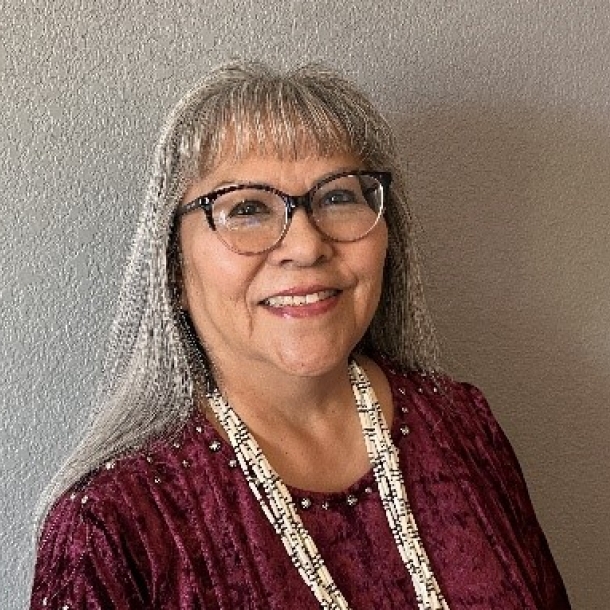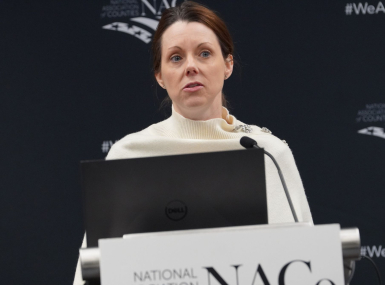Unlock the Power of CJCCs: Responsive Policies Through Community Engagement

This webinar is available on-demand. If you have issue accessing the recording, please email nacomeetings@naco.org.
Active community collaboration is crucial for shaping county operations and policy priorities. Criminal Justice Coordinating Councils (CJCCs) are one approach to ensure that community members are involved in county governance. Many counties form CJCCs to identify systemic challenges and work across stakeholders to guide local policy to improve public safety.
In this webinar, NACo explores how ongoing and consistent community engagement enhances the impact of CJCCs and how these bodies can serve as effective tools for county leaders to actively involve their residents. Learn from real-world examples and discover strategies to create a more responsive and inclusive criminal legal system.
Unlock the Power of Criminal Justice Coordinating Councils is NACo’s series on how counties can develop and leverage CJCCs to more effectively administer and strengthen their criminal legal system. Learn more at NACo’s CJCC Resource Hub.
Watch Recording
Click here to access the recording in a new window.
Speakers

Rose Toehe
Ellen S. Steinberg, JD

Orleny Rojas
Webinar
Unlock the Power of CJCCs: Enhancing Your County's Justice System
Whether you're looking to create a CJCC from scratch or enhance an existing one, discover the invaluable insights needed to make your county's justice system more efficient, fair and just.
Related News

Congress seeking ‘common-sense solutions’ to unmet mental health needs
Rep. Andrea Salinas (D-Ore.): “Right now, it is too difficult to access providers … and get mental health care in a facility that is the right size and also the appropriate acuity level to meet patients’ needs.”

Federal-level child welfare priorities center on supporting foster youth, families
Child welfare experts outlined current priorities at the federal level, including better supporting foster care youth who age out of the system and recruiting more foster parents, at NACo’s Human Services and Education Policy Steering Committee meeting.

Information-sharing bill could protect court workers
The Countering Threats and Attacks on Our Judges Act could provide more than 30,000 state and local judges with access to security assessments, best practices and a database of threats made against colleagues in the justice field.